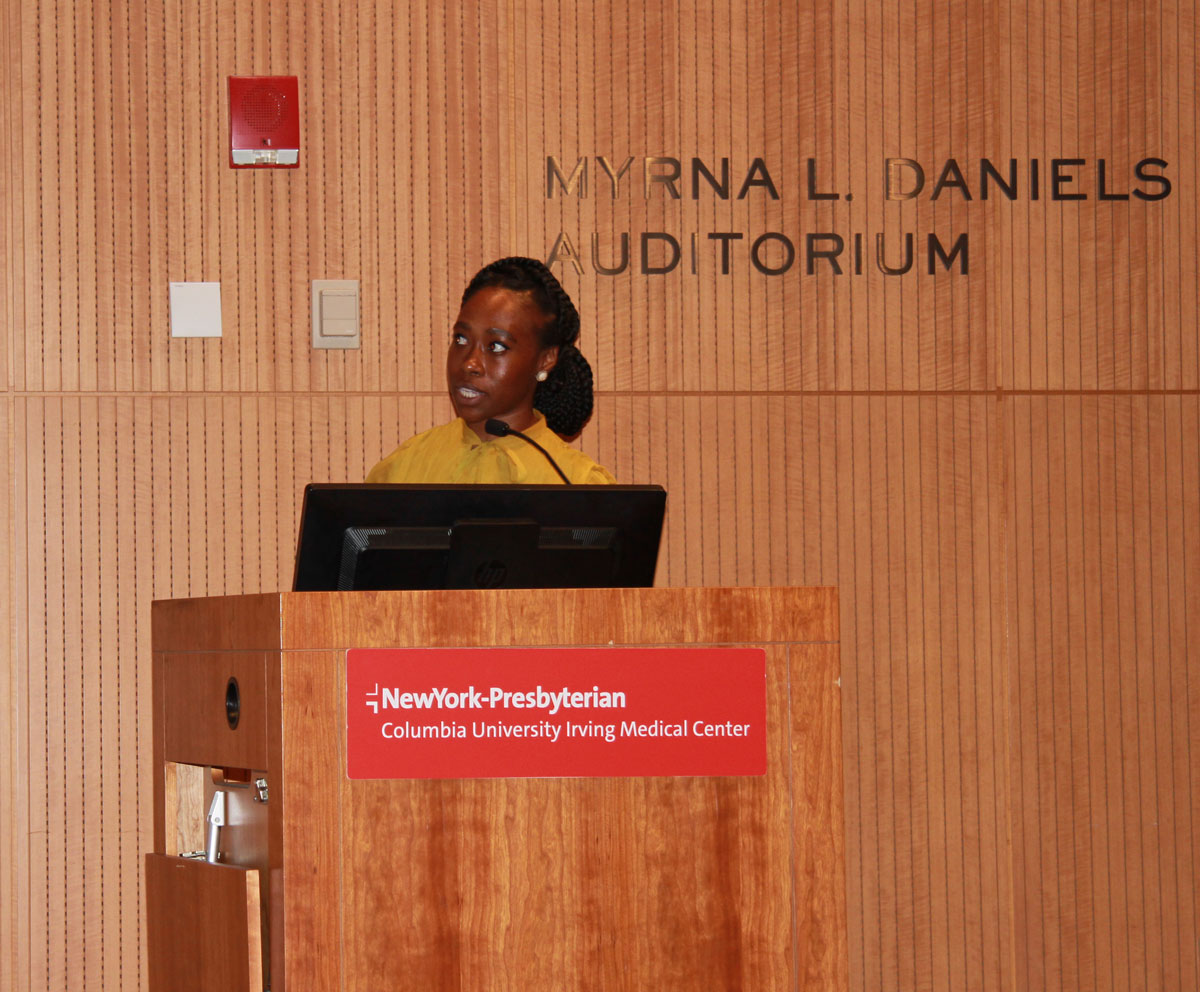Medical Education
Trainee research more vital than ever
any of us recollect with painful clarity the fear and uncertainty that pervaded in March 2020, at the onset of the COVID-19 pandemic in the United States. NewYork-Presbyterian/Columbia University Irving Medical Center, located in the Washington Heights neighborhood of New York City, was the “epicenter of the epicenter” in the early days of the COVID-19 pandemic, where the disease struck our community with a rapidity and severity seldom seen before. Little was known about COVID-19, but we were learning quickly, and needed to share our data and lessons with healthcare providers across the country before they faced the same conditions.
“There was really a dearth of information, and we had no idea of the effect of COVID-19 for pregnant and delivering patients or for patients undergoing gynecologic procedures,” said Jason Wright, MD, Division Chief of Gynecologic Oncology at NYP/CUIMC. “There was an urgent need to communicate this information, to understand and share the lessons we’ve learned, and to get this out to other Ob/Gyn departments and programs so they could improve the care of women.”
Our residents and fellows, alongside their faculty mentors, mobilized quickly to publish and disseminate research related to COVID-19 outcomes data and the effectiveness of various policy changes, personal protective equipment, and treatments in fighting the spread of the disease. View a full list of research publications from Columbia Ob/Gyn during the COVID-19 pandemic.
“Our residents and fellows are incredibly motivated, incredibly curious, and eager to move the field forward,” said Rini Ratan, MD, Vice Chair of Education at NYP/CUIMC. “Throughout the pandemic, they felt that as soon as they learned something, they needed to share it. It would have been easy for them to feel exhausted keeping up with all the changing protocols and long days caring for very sick patients, but instead they took the time to write and publish within weeks, so others would have that knowledge and be able to use it fighting the pandemic.”
The research conducted at our institution helped shape practice around COVID-19 protocols across the country, with many healthcare institutions using our studies and data to counsel patients to make clinical decisions and implement new policies and procedures.

“As an academic medical center, we want our trainees to have excellent clinical skills but also have the skills to advance the science of Ob/Gyn by evaluating new treatments, drugs, and procedures, so we can further improve outcomes, so they can go on to become researchers and investigators who are at the forefront of discovery in Ob/Gyn,” Dr. Wright said. “We’re not only training great doctors, we’re also training the next generation of researchers and investigators who can be leaders and shape our field going forward.”
The early days of the COVID-19 pandemic are behind us, but other challenges for our field continue to arise. Research offers a path forward through evidence-based medicine.
“I think research is our greatest hope,” Dr. Ratan said. “In the last four years, with just one class of residents, we’ve seen a pandemic, a movement for dismantling systemic racism in medicine, and now an enormous blow to women’s rights with the Supreme Court decision overturning Roe v. Wade. It’s another moment of crisis for our field, and we have to continue to adapt and to move forward. We need research at every level – in public health and informing legislation, and we need data to counteract misinformation. This is how we improve the lives of women going forward.”
